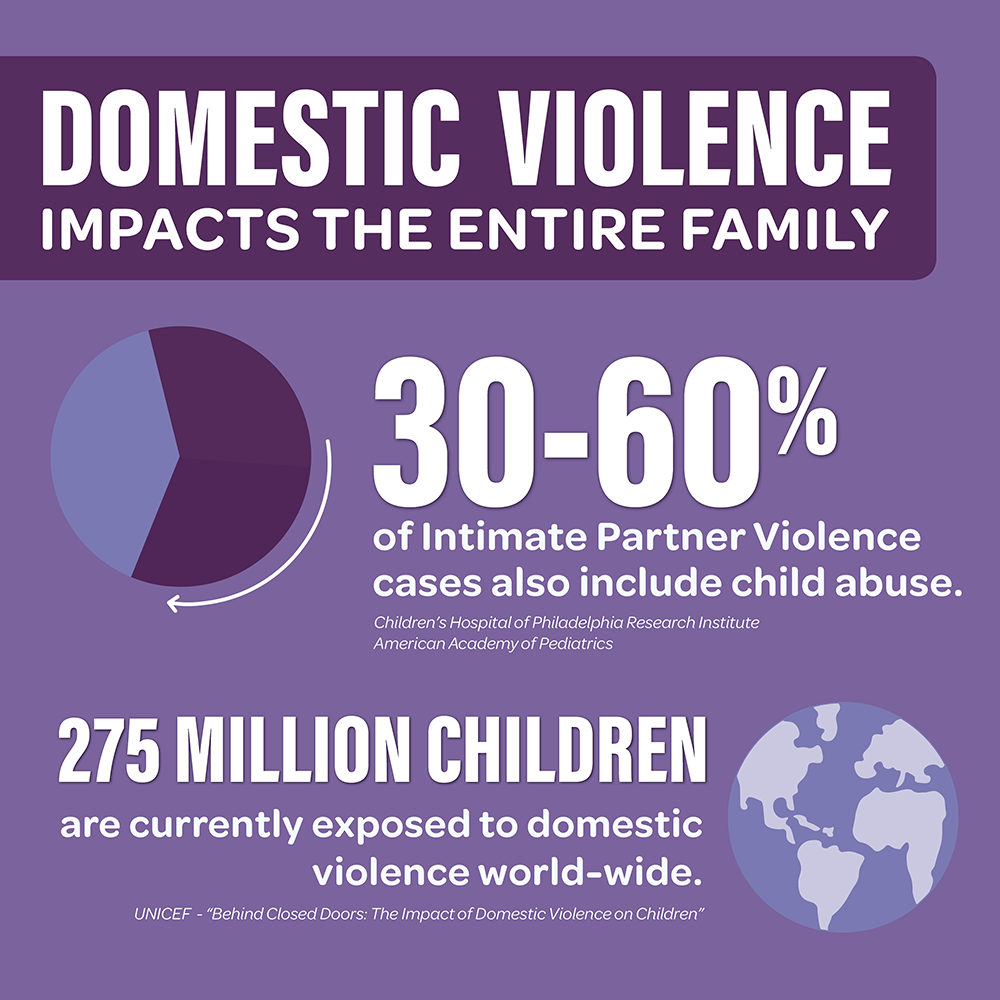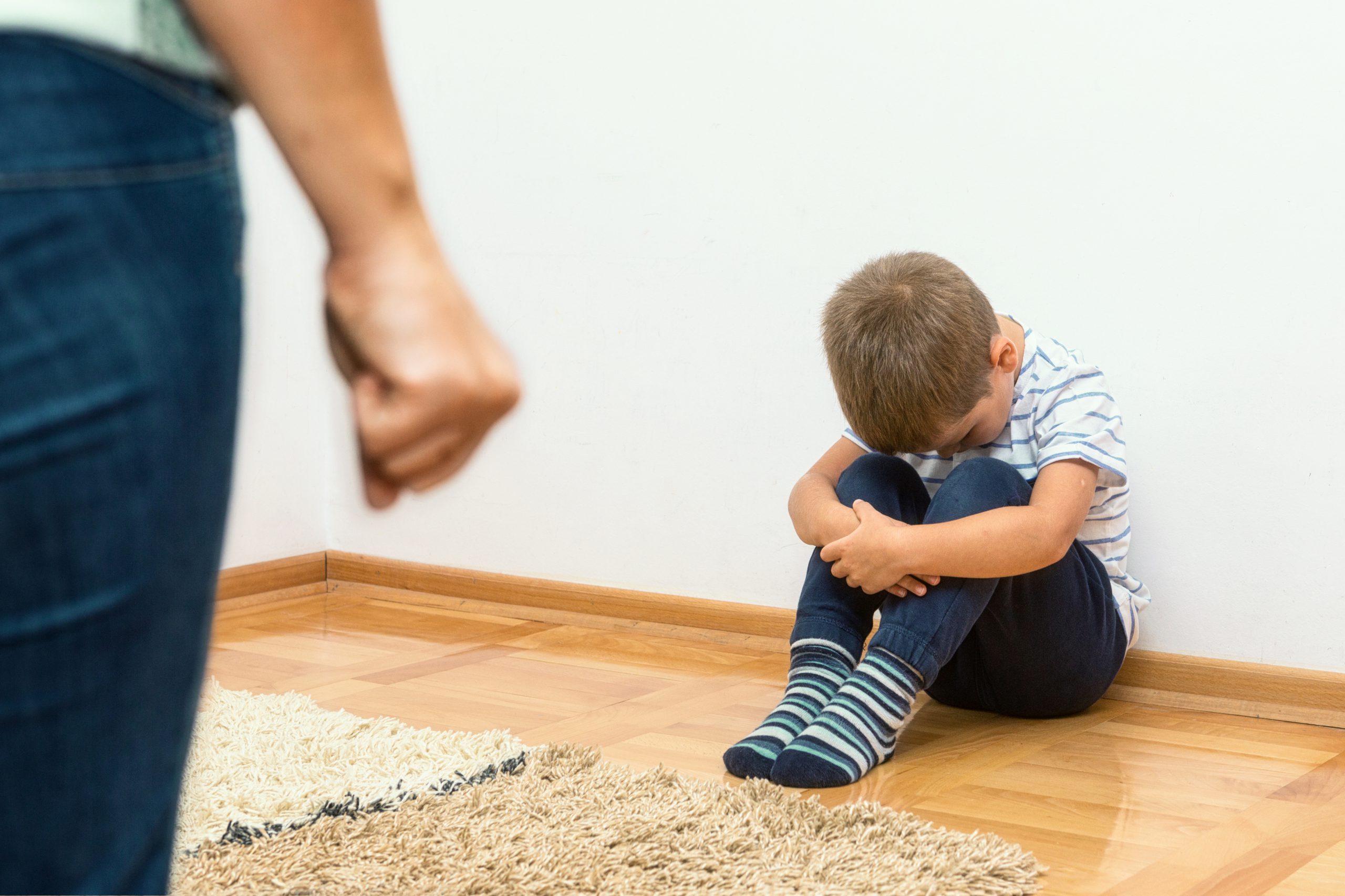Causes and Contributing Factors

Domestic violence, a complex and multifaceted issue, is influenced by a multitude of factors that interact and contribute to its prevalence. Understanding these contributing factors is crucial for developing effective prevention and intervention strategies.
Social Factors, Domestic violence
Social factors play a significant role in shaping societal attitudes and norms that can contribute to domestic violence. These factors include:
- Gender Inequality: Traditional gender roles and expectations often place women in subordinate positions, making them more vulnerable to violence. This can manifest in the form of economic dependence, limited access to education and employment, and societal expectations of women’s subservience.
- Power Imbalances: Power imbalances within relationships, whether based on gender, economic status, or other factors, can create an environment where one partner exerts control and dominance over the other, increasing the risk of violence.
- Societal Norms: Societal norms that condone violence, such as the belief that men are entitled to control their partners or that violence is a private matter, can create a culture that tolerates and even justifies domestic violence.
Cultural Factors
Cultural beliefs and practices can also contribute to the prevalence of domestic violence. These factors include:
- Cultural Acceptance of Violence: Some cultures may have a higher tolerance for violence, especially within families. This can normalize violence and make it more difficult for victims to seek help or for perpetrators to be held accountable.
- Honor and Shame: In some cultures, violence may be seen as a way to protect family honor or to punish perceived transgressions. This can lead to a justification for violence against women who are perceived to have brought shame upon their families.
- Cultural Isolation: Immigrant communities and other cultural groups may be isolated from mainstream society, making it difficult for victims to access support services or for perpetrators to be held accountable.
Economic Factors
Economic factors can exacerbate the risk of domestic violence. These factors include:
- Poverty and Financial Stress: Financial hardship can increase stress levels and contribute to conflict within relationships. This can lead to an increase in verbal and physical aggression.
- Unemployment and Job Insecurity: Unemployment and job insecurity can create feelings of powerlessness and frustration, which can manifest as violence against partners.
- Economic Dependence: Women who are economically dependent on their partners may be less likely to leave abusive relationships, as they fear losing financial security.
Seeking Help and Support: Domestic Violence

It is crucial to understand that you are not alone in this struggle. There are numerous resources and support systems available to help you escape domestic violence and rebuild your life. Reaching out for help is a sign of strength and courage.
Shelters and Safe Houses
Shelters and safe houses provide a safe haven for victims of domestic violence, offering temporary accommodation, counseling, and support services. These facilities are designed to protect victims from further harm and provide them with a secure environment to heal and plan their next steps.
Hotlines
Domestic violence hotlines offer confidential and anonymous support to victims 24 hours a day, seven days a week. These hotlines provide immediate assistance, crisis intervention, and access to resources. They can connect victims with shelters, legal aid, and other support services.
Legal Aid and Advocacy
Legal aid organizations provide legal assistance and advocacy to victims of domestic violence. They can help victims obtain restraining orders, file for divorce, and navigate the legal system. They also offer information on their rights and legal options.
Therapy and Counseling
Seeking professional help from therapists, counselors, and social workers is essential for victims of domestic violence. These professionals provide emotional support, guidance, and tools to cope with the trauma and build a healthy future.
Support Groups
Support groups connect victims of domestic violence with others who have experienced similar situations. These groups provide a safe space to share experiences, build connections, and find strength in shared stories.
Safe and Confidential Support Services
It is essential to identify safe and confidential support services. Look for organizations that have a strong reputation, experienced staff, and a commitment to privacy.
Table of Support Services
| Type of Support Service | Contact Details |
|---|---|
| National Domestic Violence Hotline | 1-800-799-SAFE (7233) |
| The National Coalition Against Domestic Violence | (202) 638-4000 |
| The National Sexual Assault Hotline | 1-800-656-HOPE (4673) |
| The Rape, Abuse & Incest National Network (RAINN) | 1-800-656-HOPE (4673) |
Domestic violence is a serious issue that affects countless individuals and families. It’s heartbreaking to see how easily these destructive patterns can take root, often stemming from a lack of support and resources. It’s inspiring to see young stars like Skai Jackson use their platform to advocate for positive change and raise awareness about these important issues.
By speaking out against domestic violence, we can help create a safer and more supportive environment for everyone.
Domestic violence is a pervasive issue that affects millions of people worldwide. It’s important to remember that victims are not alone, and there are resources available to help them break free from abusive situations. Star Jackson, a courageous advocate for survivors of domestic violence , is a testament to the strength and resilience that can emerge from such hardship.
Her story serves as a powerful reminder that healing and hope are possible, even after experiencing unimaginable trauma.